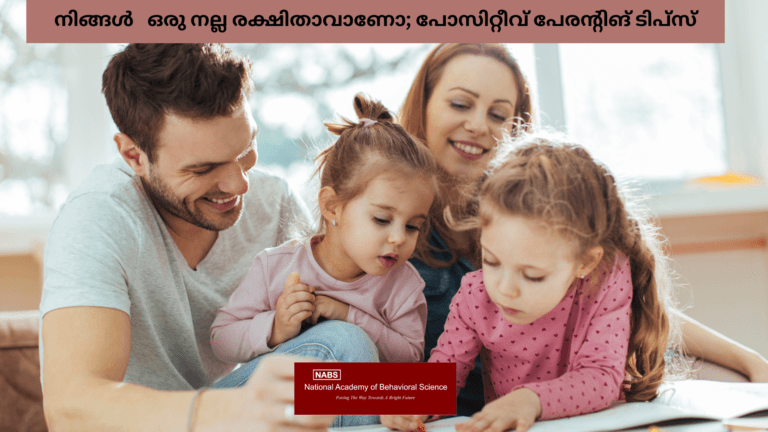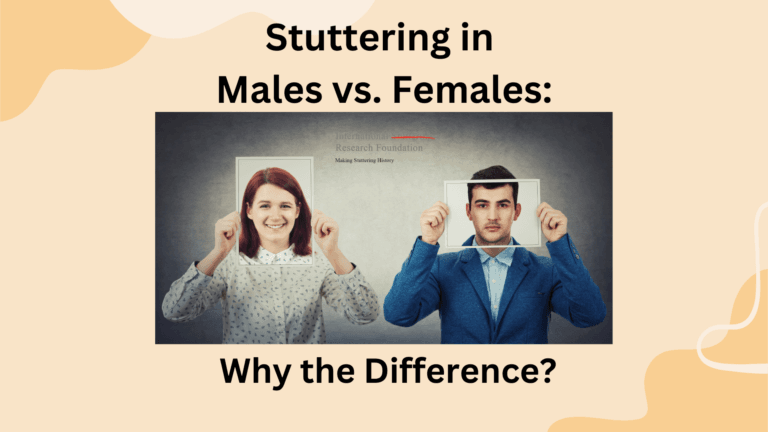Introduction: At the National Academy of Behavioral Sciences (NABS),
we continuously engage with societal paradigms to better understand human behavior. One such paradigm we delve into is the resistance towards mixed hostels in Kerala, seeking to unravel the psychological underpinnings that influence this perspective.
Section 1: Cultural Norms and Social Conditioning
Cultural norms and social conditioning play a significant role in shaping attitudes and behaviors. In Kerala, deeply ingrained cultural values and societal norms regarding gender segregation could contribute to the resistance against mixed hostels. Understanding these norms is essential to address this perspective from a psychological lens.
Section 2: Privacy and Comfort
Privacy and comfort are fundamental psychological needs. Some individuals may feel that mixed hostels might encroach upon these needs, causing discomfort and anxiety. We explore how these psychological factors influence the perception of shared accommodations.
Section 3: Fear and Stereotypes
Fear and stereotypes often stem from a lack of understanding or misinformation. We examine how fear of potential issues related to mixed accommodations, whether real or perceived, influences the rejection of the concept.
Section 4: Societal Perceptions and Judgments
Societal perceptions and judgments can exert significant pressure on individuals. In Kerala, where societal opinions often hold substantial sway, we analyze how these perceptions affect acceptance or rejection of mixed hostels.
Section 5: Education and Awareness
Education and awareness are powerful tools for behavioral change. We explore how promoting understanding, empathy, and informed discourse about the benefits of mixed hostels can positively impact societal attitudes in Kerala.
Conclusion:
To foster a society that values equality and inclusivity, it is essential to understand and address the psychological factors that underlie resistance to mixed hostels. NABS advocates for a holistic approach, incorporating psychological insights to challenge traditional perspectives and foster a more accepting society. Through education, awareness, and dialogue, we strive for a future where diverse forms of cohabitation are embraced, transcending stereotypes and prejudices.




